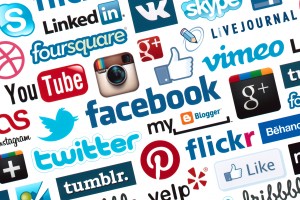Lots of writers dream of writing a “big book.”
It’s a book that gets advertised and reviewed everywhere.
A book that people are reading on trains, planes, subway, and listening to in their cars on cross country trips or morning commutes.
A book that everyone sees at airport book racks. A book that makes all the best seller lists and prompts speculation about who’s going to star in the movie.
A book that becomes part of the cultural conversation, even briefly. A book that gets the author onto countess chat and interview shows across the country.
A book that seems to be everywhere you look and that all your friends are talking about. A book that book groups can’t wait to dive into.
What special talent does it take? What magic do you need?
Well, it’s crucial that the book is physically big.
500-600 pages is big book big. It tells readers that they’re buying something the publisher has invested lots of time and money in. Think The Historian, Mystic River, The Secret History, The Girl With the Dragon Tattoo.
I know of a writer who was doing well with a series and was told very frankly by an editor that to break out, to have a big book, that writer had to write books that were much longer. This is a true story. And kind of sad, because I thought that writer’s series was terrific.
Then I read the author’s breakout book which, you guessed it, became a big book with a star-studded movie and all the trimmings.
It felt overwritten and padded, easily 100 pages too long, if not more.
But the strategy worked. This author is now wealthy and famous, though not a better writer. Just a bigger one.
Does size matter? Yes, if you want to make it big in traditional publishing.
Lev Raphael is the author of 25 books in many genres, including The Edith Wharton Murders, his first book to be reviewed in The New York Times. It’s well under 500 pages. 🙂


